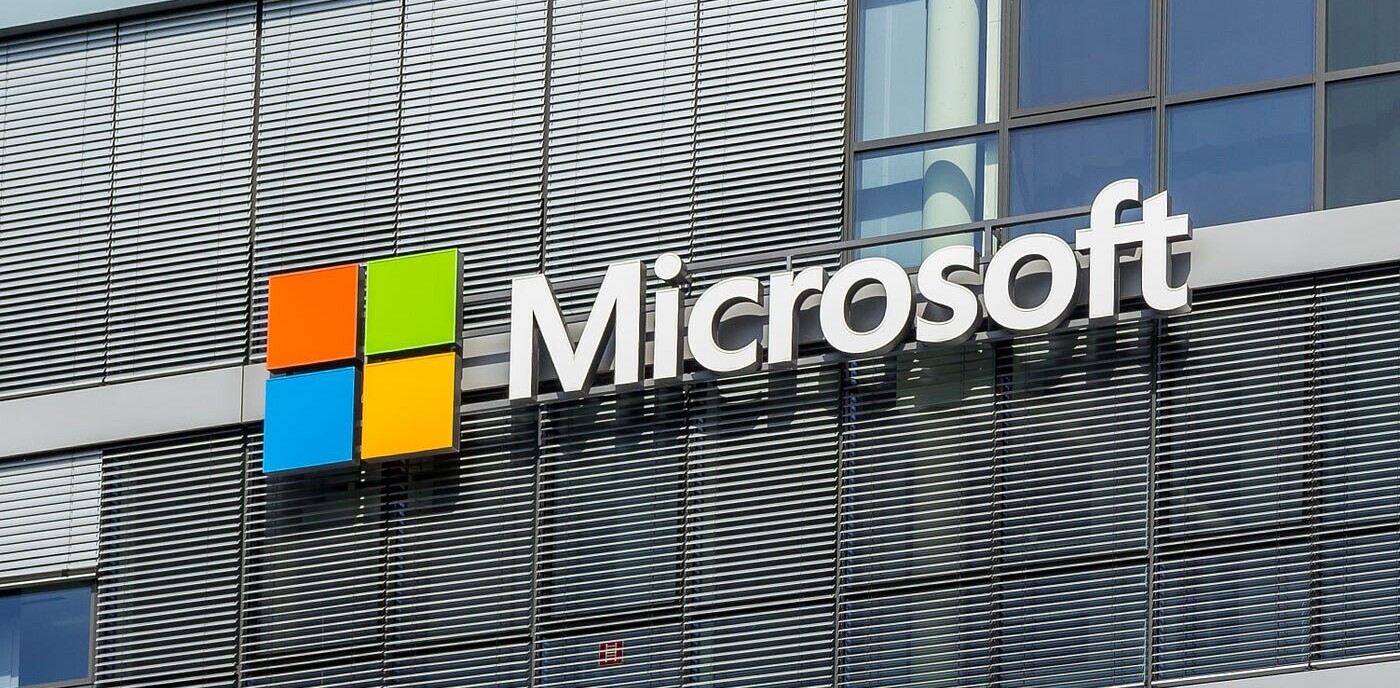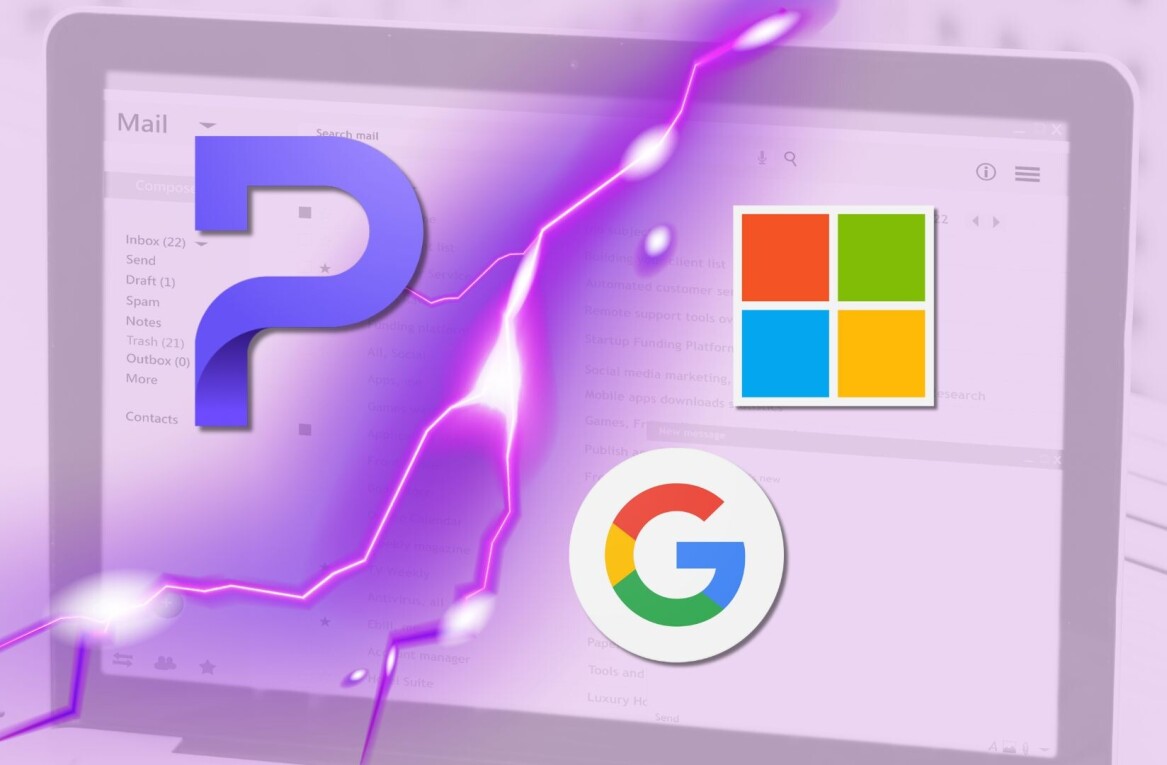
Today the Microsoft Surface team announced a number of changes to its sales lineup that will see third-party support in both the physical and digital facets of the tablet hybrid.
Primarily, authorized resellers are now allowed to sell the Surface. Microsoft has long controlled the Surface sales process, primarily vending it at first through its own retail locations and online. This change will see companies such as CDW directly sell the Surface line.
Companies that have specific a relationship with one reseller or another can now likely pick up the Surface as part of their ongoing contract. This might sound banal, but for some companies, this sort of arrangement is how hardware is purchased.
The list of companies that are joining the Surface reseller program: “CDW, CompuCom Systems, En Pointe Technologies, Insight Enterprises, Softchoice, Softmart, SHI, PC Connection, PCM, and Zones.” This addition will only apply to the US for now. That will change. Microsoft wants to vend the Surface line in as many countries as possible, so expect more market additions soon.
Microsoft is also extending its low-priced Surface units for educational institutions to the reseller community. This means that more students will get their hands onto a Surface RT or Pro at a highly discounted rate.
Finally, Microsoft is introducing a new program by the name AppsForSurface with independent software vendors (ISVs). The goal of the effort is to, and I quote, supply “devices and funding for app design intended to get key enterprise apps on Surface and Window 8.”
Microsoft is essentially investing into companies that build business applications to get onto its new platform. Microsoft is dropping the dollars and silicon to force the expansion of third-party app support of Windows 8. It’s a smart investment, provided that the ROI is sufficiently reasonable to warrant the flat cash involved.
What does all the above mean? Simply that the Surface experiment continues, and that Microsoft’s role and life as an OEM in the software ecosystem it has ruled for decades is showing all but zero signs of abating.
Also, the new moves underscore a simple confidence by Microsoft: they believe enough in the inherent user experience of the Surface to subsidize its use; therefore, the company loses money on a per unit basis as it believes that once people touch one, they will rate the device highly. Word of mouth remains the most potent form of endorsement.
Top Image Credit: Vernon Chan
Get the TNW newsletter
Get the most important tech news in your inbox each week.




